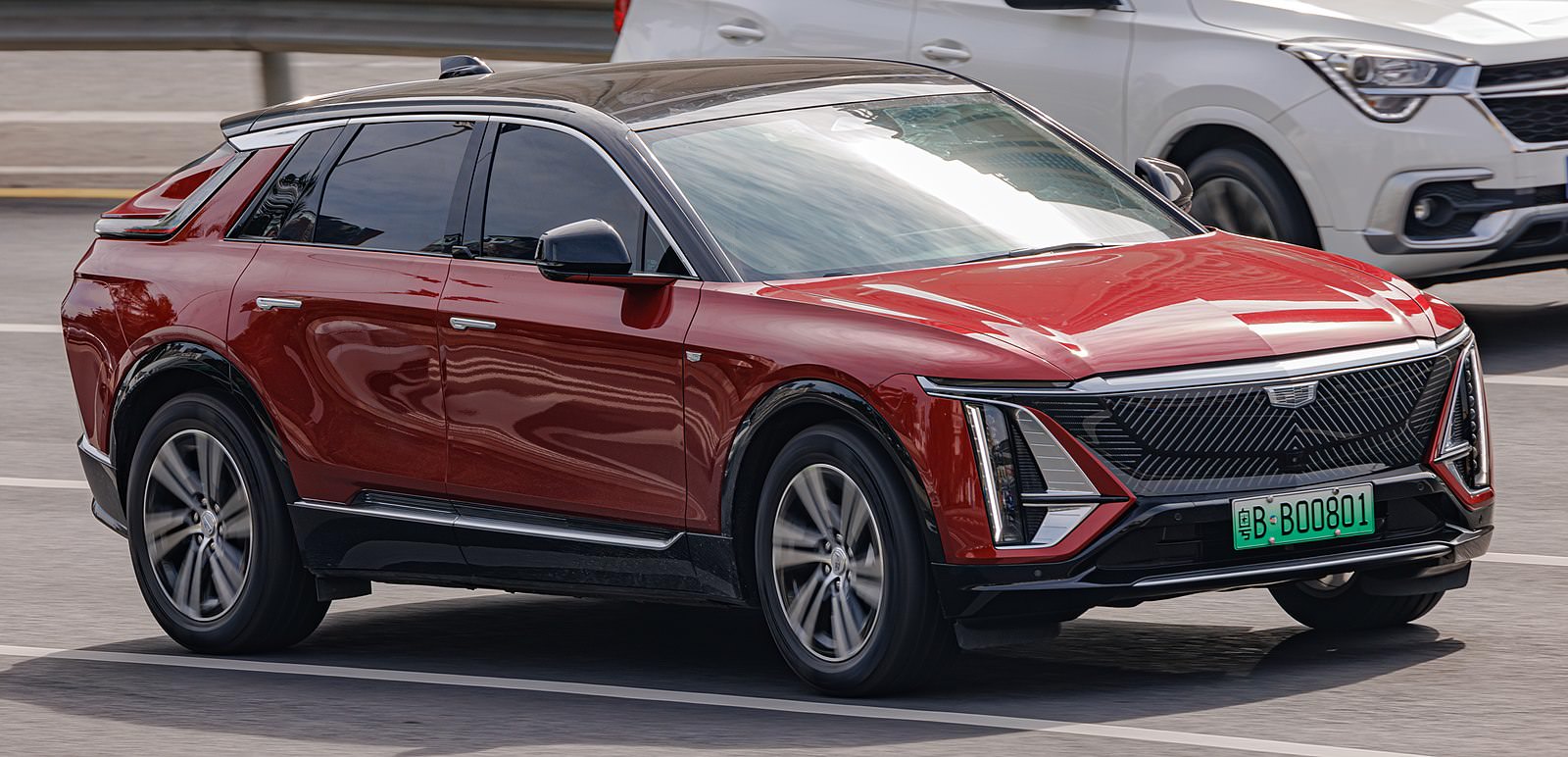Business
GM’s $19 billion bet on EVs secures materials for 5 million electric cars
By Jake Beardslee · February 8, 2024
In brief…
- GM signed $19 billion, 10-year deal with LG Chem for EV battery materials, enough for 5 million EVs
- Secures supply of nickel, cobalt, manganese, aluminum from new LG plant in Tennessee
- Extends partnership 5 more years compared to original 2022 announcement
- Reflects GM's continued commitment to EVs amid slower demand growth
- Provides LG Chem major role powering GM's ambitious electrification plans

General Motors is making a major long-term investment in electric vehicles, signing an expansive deal with LG Chem to secure battery materials for GM’s future EVs. The automaker announced Wednesday it will spend $19 billion over the next decade to purchase cathode materials from the South Korean supplier.
The deal spans 2026 to 2035 and will supply GM with over 500,000 tons of crucial EV battery components like nickel, cobalt, manganese, and aluminum. This is enough materials to build batteries for around 5 million EVs capable of over 300 miles of range. LG Chem will source these materials from a new plant under construction in Tennessee, which will exclusively supply GM’s joint venture battery factories across North America.
Though initially announced in 2022, this updated agreement extends the partnership another 5 years while providing exact figures around the scale of production and investment. It represents one of GM’s largest commitments yet to EV battery sourcing as it works to ramp up its ambitious electrification plans.
However, EV adoption has lagged projections so far, leading GM and others to scale back costs and timelines. The decade-long contract suggests GM is taking a more measured approach accounting for slower near-term demand growth. But securing future supply helps ensure its ability to capture market share as EVs become more mainstream.
For LG Chem, the deal provides a major foothold powering GM’s EV expansion in North America. Both companies emphasized a shared commitment to building a robust, sustainable EV supply chain on the continent.
The contract demonstrates GM’s ongoing pivot toward electrification despite economic challenges. With battery materials locked in, GM can continue developing new EV models to compete in the rapidly transforming auto industry.